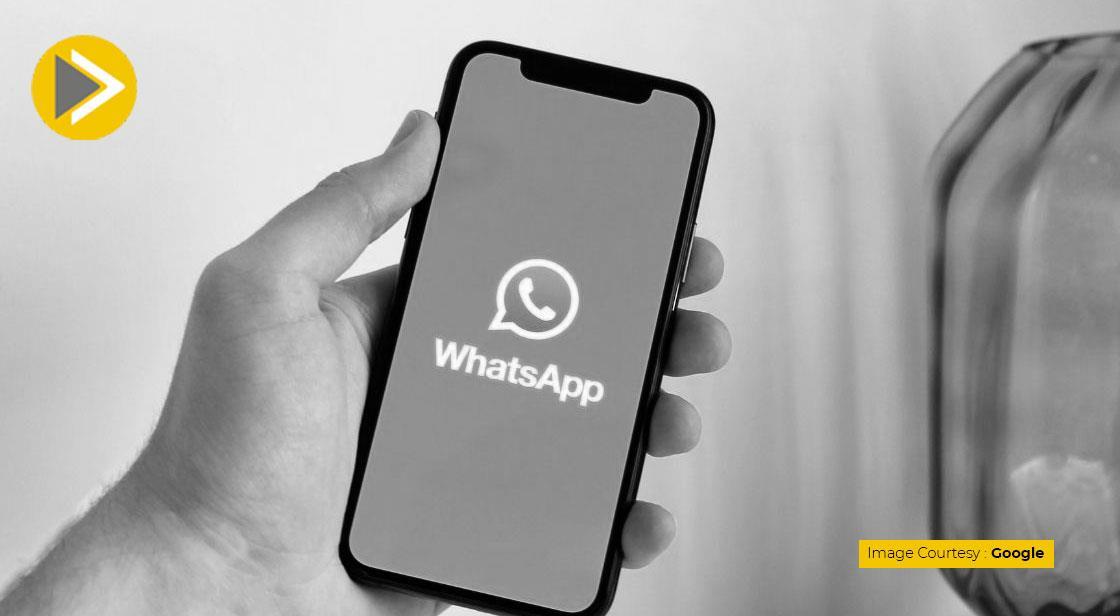Russia to Mandate WhatsApp Rival Max on All New Phones and Tablets from September

News Synopsis
Russia has confirmed that Max, a government-backed messaging application and WhatsApp rival, will be pre-installed on all mobile phones and tablets sold in the country starting September 1. The Kremlin’s announcement on Thursday clarified that Max will be part of a mandatory app list for “gadgets” including smartphones and tablets.
Officials emphasized that Max will be integrated with government services, embedding the platform further into Russia’s growing domestic digital ecosystem. This initiative is part of Moscow’s wider strategy to assert control over internet services while reducing reliance on foreign technology.
Background on Max and Its Popularity
Max is developed by VK, a state-controlled technology company. While still partially in testing, it has been downloaded by 18 million users so far.
In comparison, a July report from Mediascope showed:
-
WhatsApp: 97.3 million users in Russia
-
Telegram: 90.8 million users
-
VK Messenger: 17.9 million users
Despite its current lower adoption, the government’s mandate ensures Max will be installed on millions of new devices from September onwards, potentially boosting its user base significantly.
Government Rationale and Criticism
Official Defense of Max
Russian authorities argue that Max is safer than foreign messaging apps, noting it requires fewer permissions to access user data compared to WhatsApp and Telegram. The Interior Ministry also defended the app, citing a fraud case where an arrest was made via the platform.
Critics Raise Privacy Concerns
Opponents warn that Max could enable government surveillance of users’ communications. However, state media has rejected these claims, positioning Max as a secure domestic alternative amid increasing tensions with Western tech companies.
Impact on WhatsApp and Telegram
Earlier this month, Russia introduced restrictions on some calls via WhatsApp and Telegram, accusing the platforms of failing to provide information about fraud and terrorism cases to authorities.
-
WhatsApp accused Moscow of trying to block secure communication channels for Russian users.
-
Telegram said it “actively combats misuse of its platform, including calls for sabotage or violence, as well as fraud,” removing “millions of pieces of harmful content every day,” according to AFP.
Broader Digital Sovereignty Measures
RuStore on Apple Devices
From September, Apple devices sold in Russia must come pre-installed with RuStore, the domestic app store already present on Android phones.
Mandatory TV App from January
Starting January 1, smart TVs sold in Russia must include Lime HD TV, which provides free access to state television channels.
These measures underline Moscow’s determination to prioritize homegrown digital platforms while reducing reliance on foreign apps and services.
Future Prospects and Challenges
While mandatory pre-installation guarantees that millions of Russian users will have Max on their devices, it remains uncertain whether the app will achieve adoption rates comparable to WhatsApp and Telegram. Consumer preferences, functionality, and trust will play major roles in determining its success.
Nonetheless, the government’s directive represents a significant push toward digital sovereignty, ensuring Max reaches a large audience as part of Russia’s broader tech strategy.
Conclusion
Russia’s move to make Max a mandatory pre-installed messaging app marks a significant step in the country’s push for digital sovereignty. By embedding the state-backed platform across all new smartphones and tablets starting September 1, Moscow is ensuring that millions of users will gain immediate access to a domestic alternative to WhatsApp and Telegram.
This strategy not only strengthens the government’s control over its digital ecosystem but also reduces reliance on foreign technology providers amid ongoing geopolitical tensions. While Max has a smaller current user base, integration with government services and mandatory installation could accelerate adoption significantly.
However, challenges remain, including user trust, privacy concerns, and the entrenched popularity of established messaging platforms. Alongside measures like pre-installing RuStore on Apple devices and Lime HD TV on smart TVs, Russia is clearly asserting its technological independence. Whether Max can match the widespread appeal of WhatsApp or Telegram, this initiative underscores Moscow’s ambition to create a robust, self-sufficient domestic tech landscape.
You May Like









